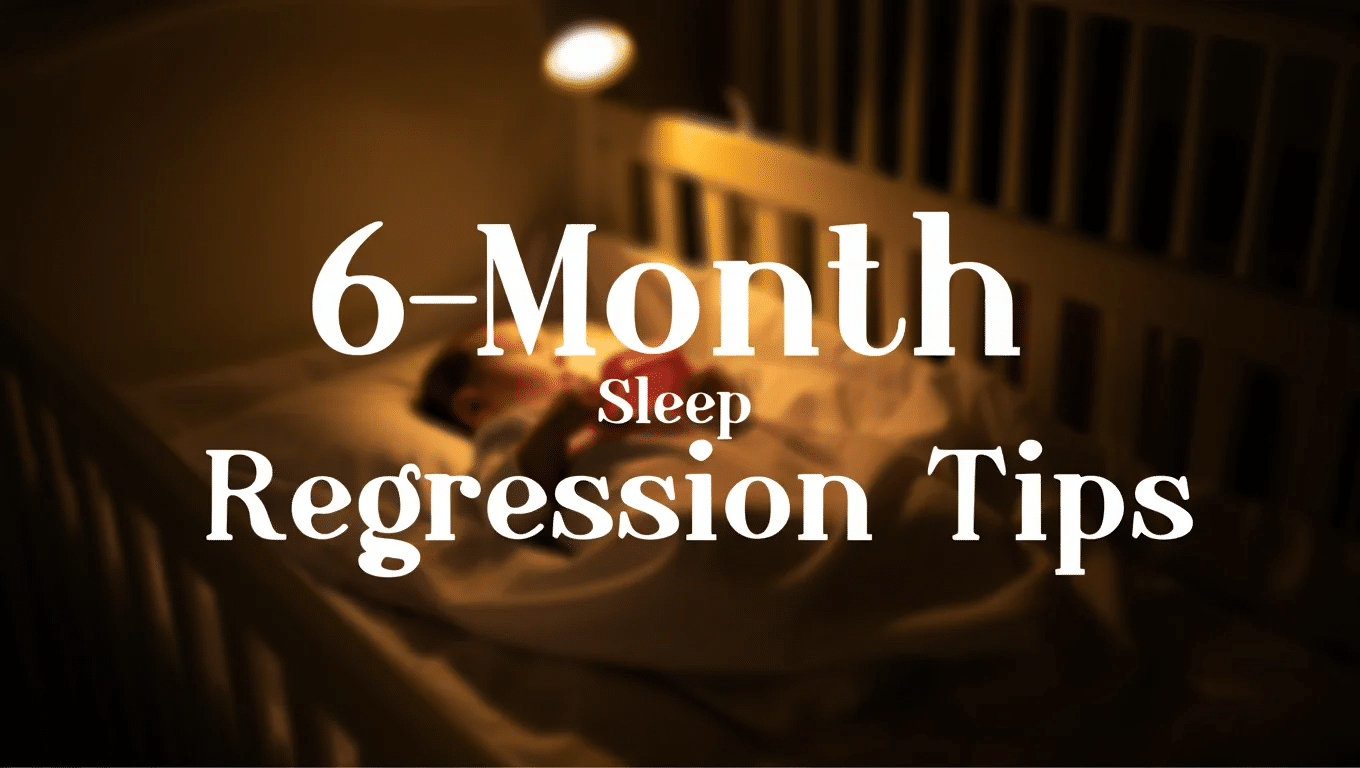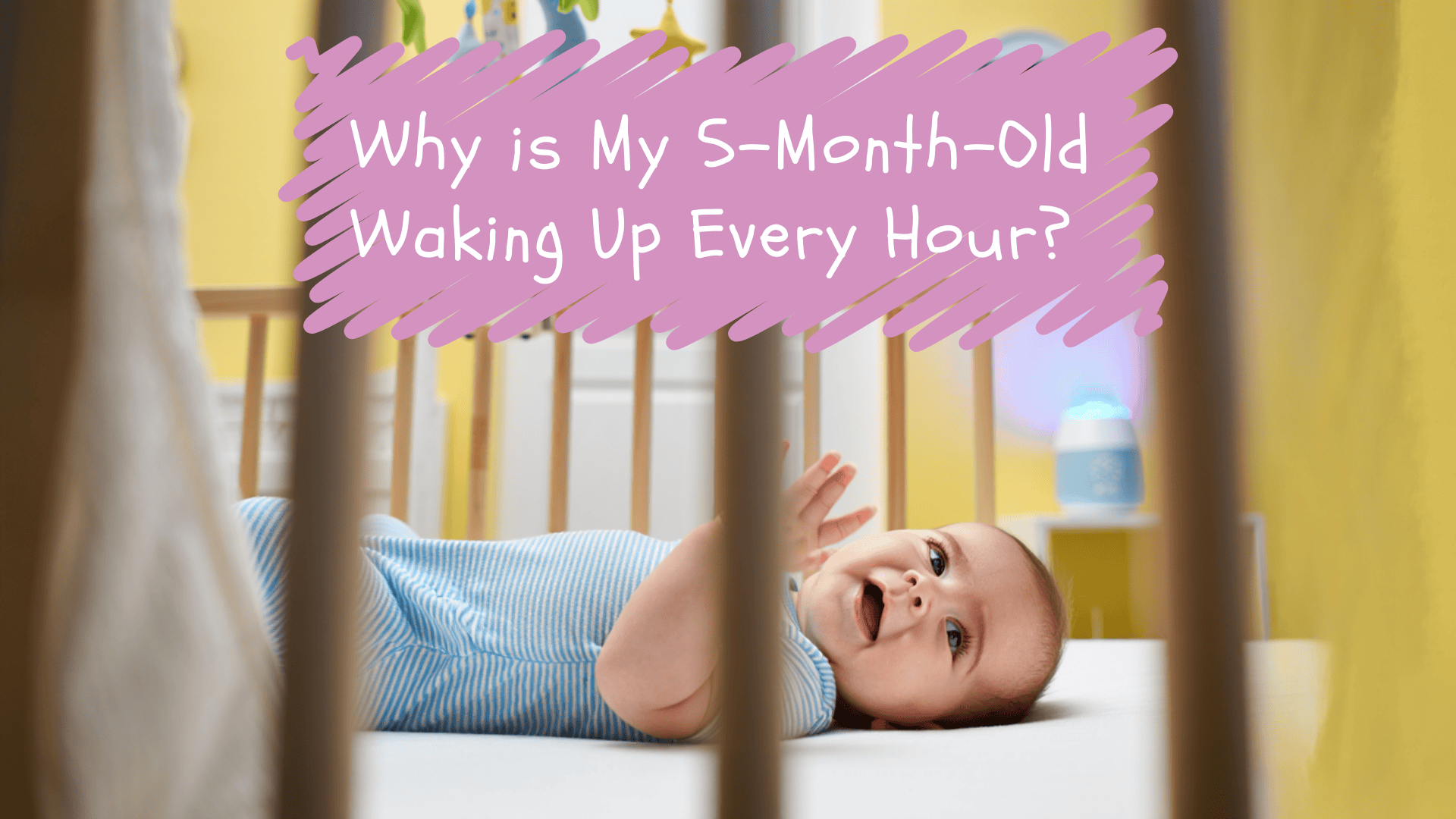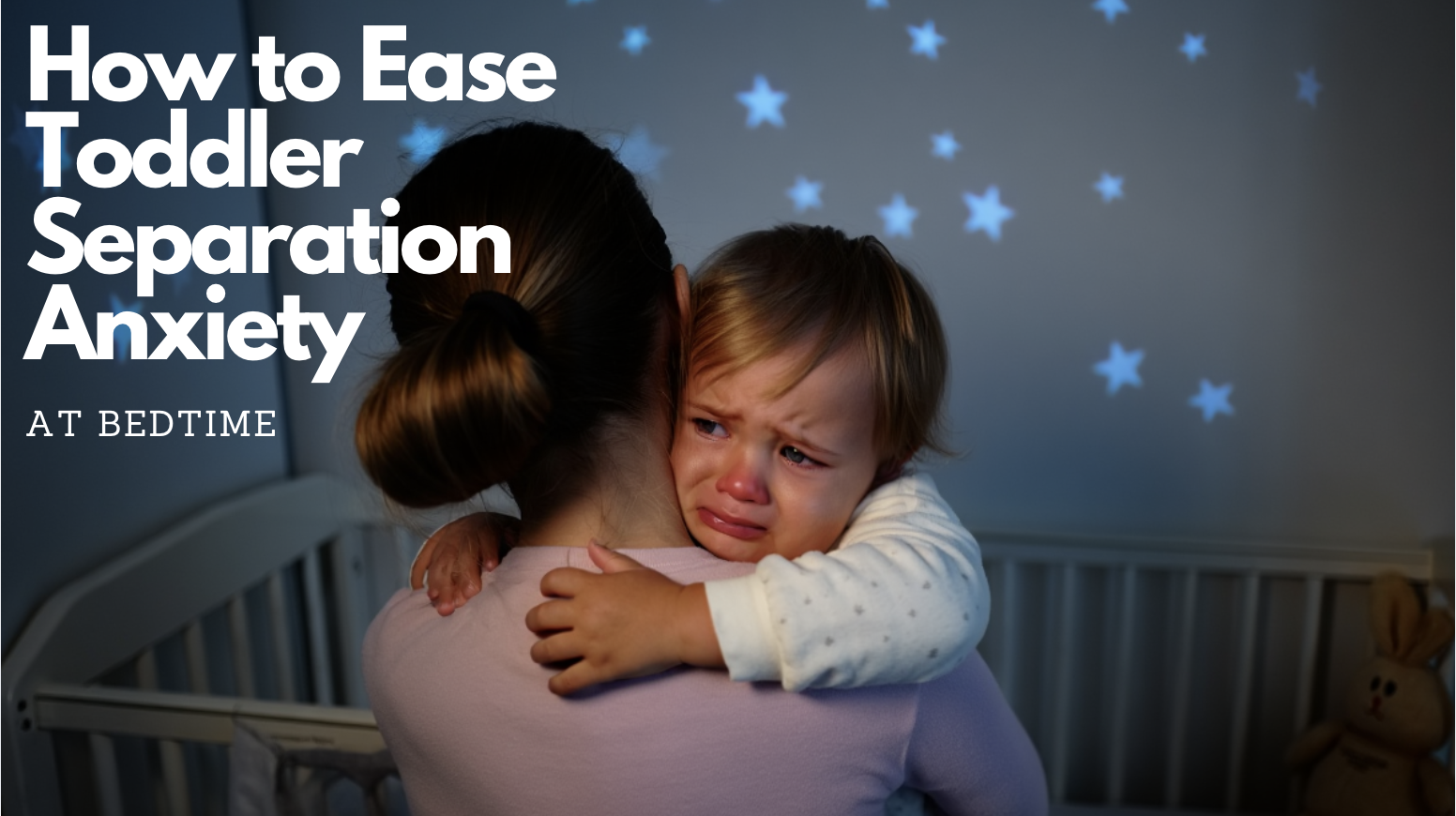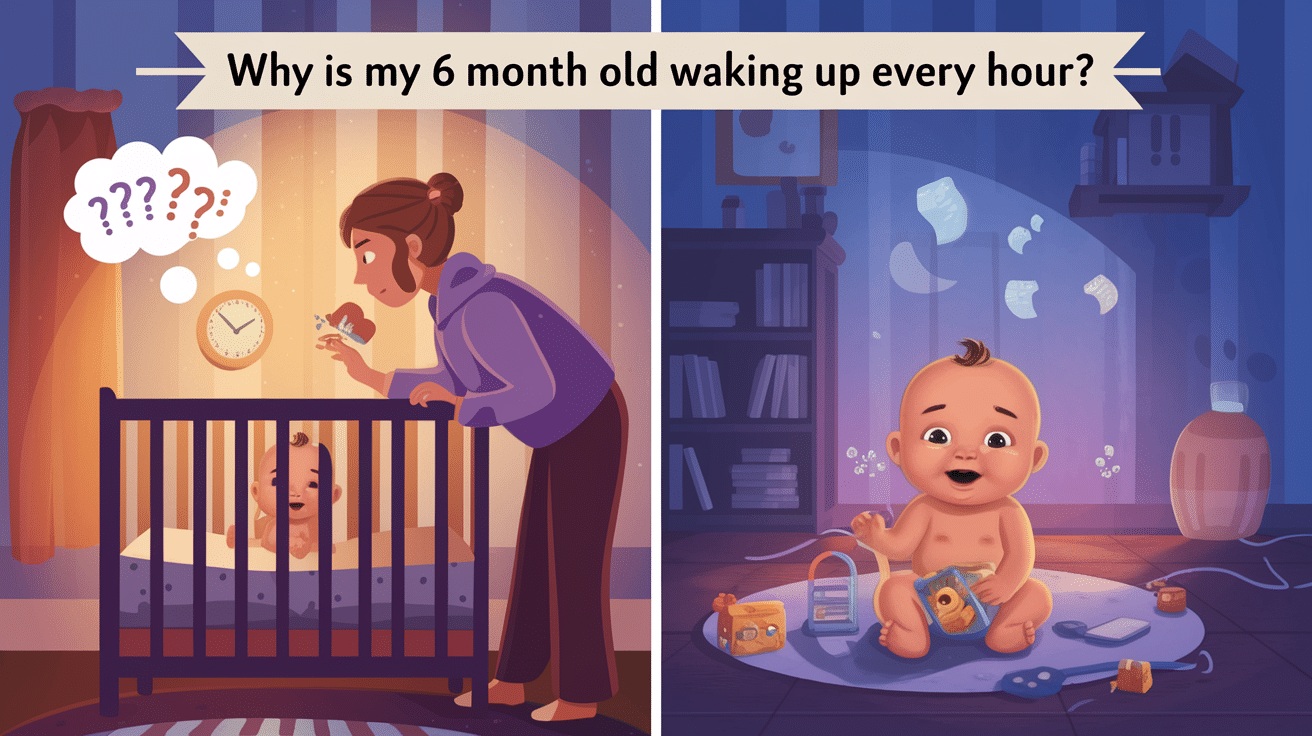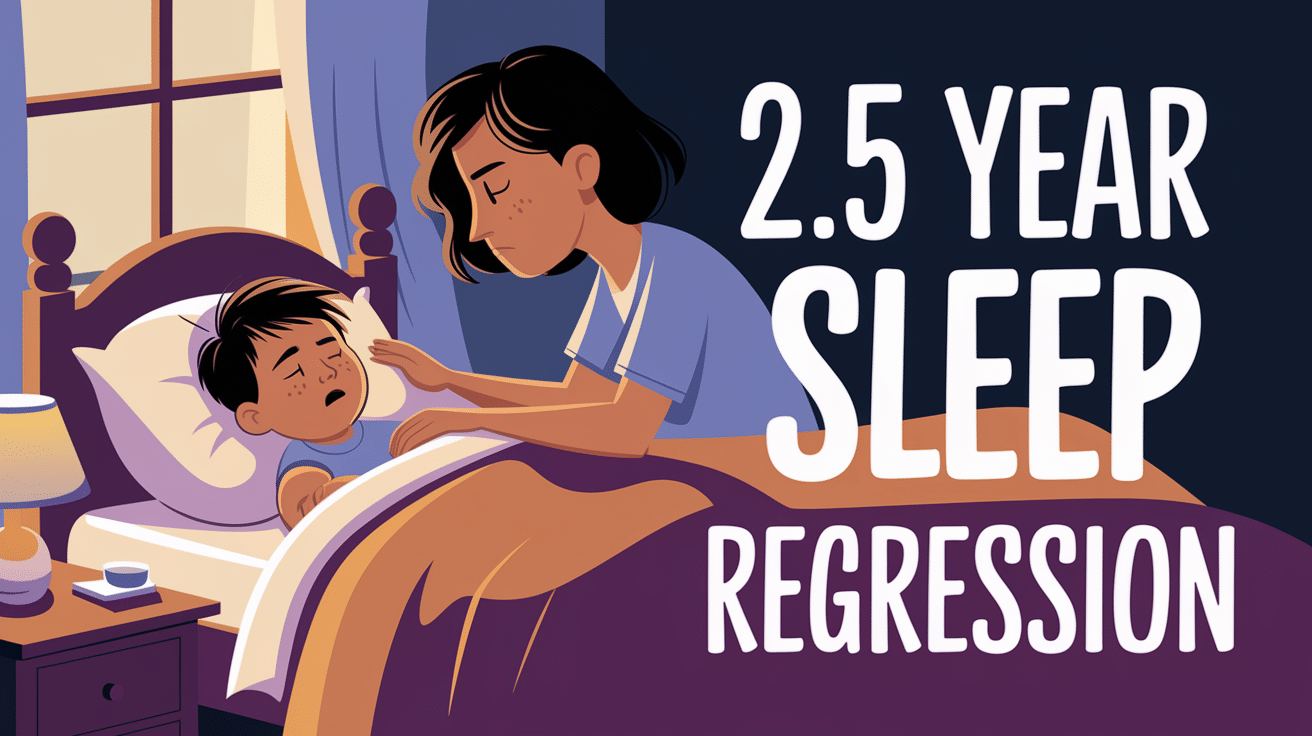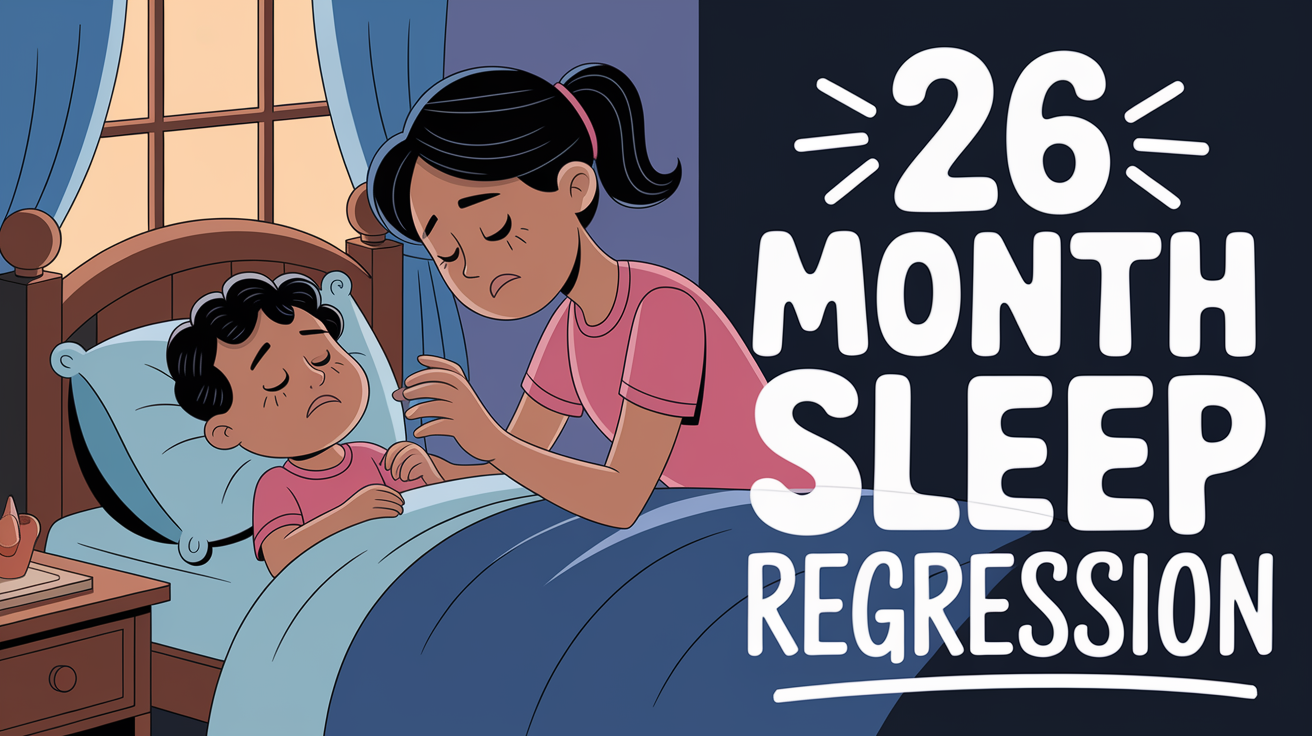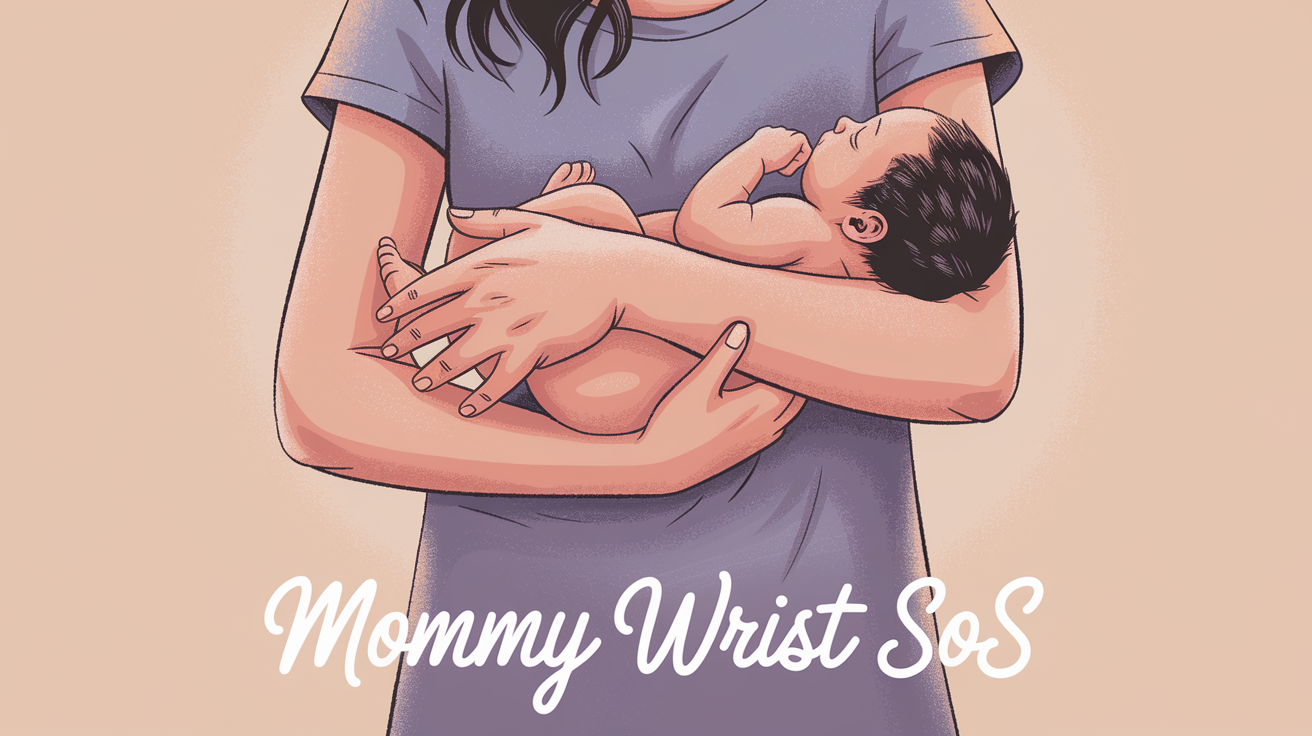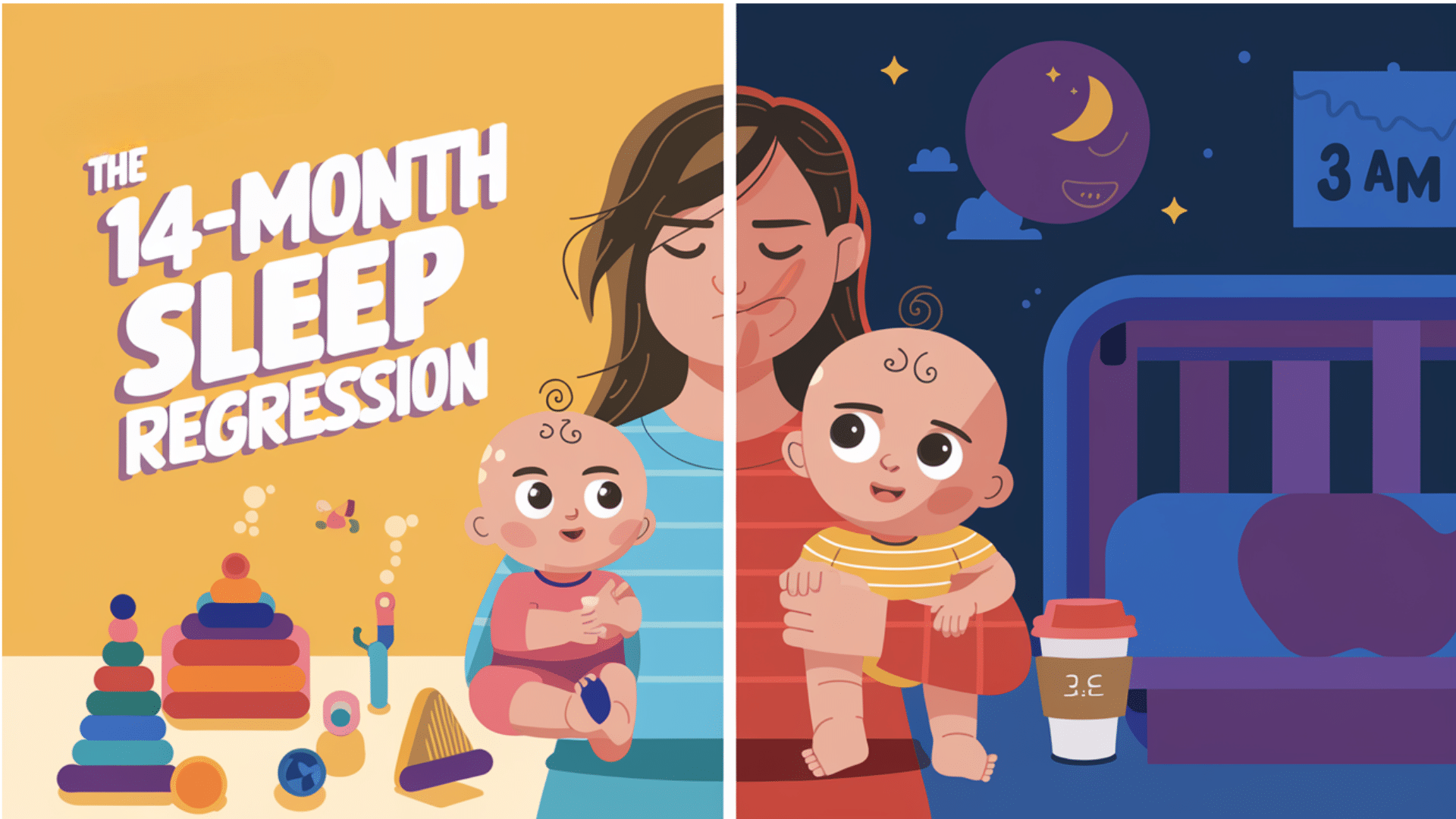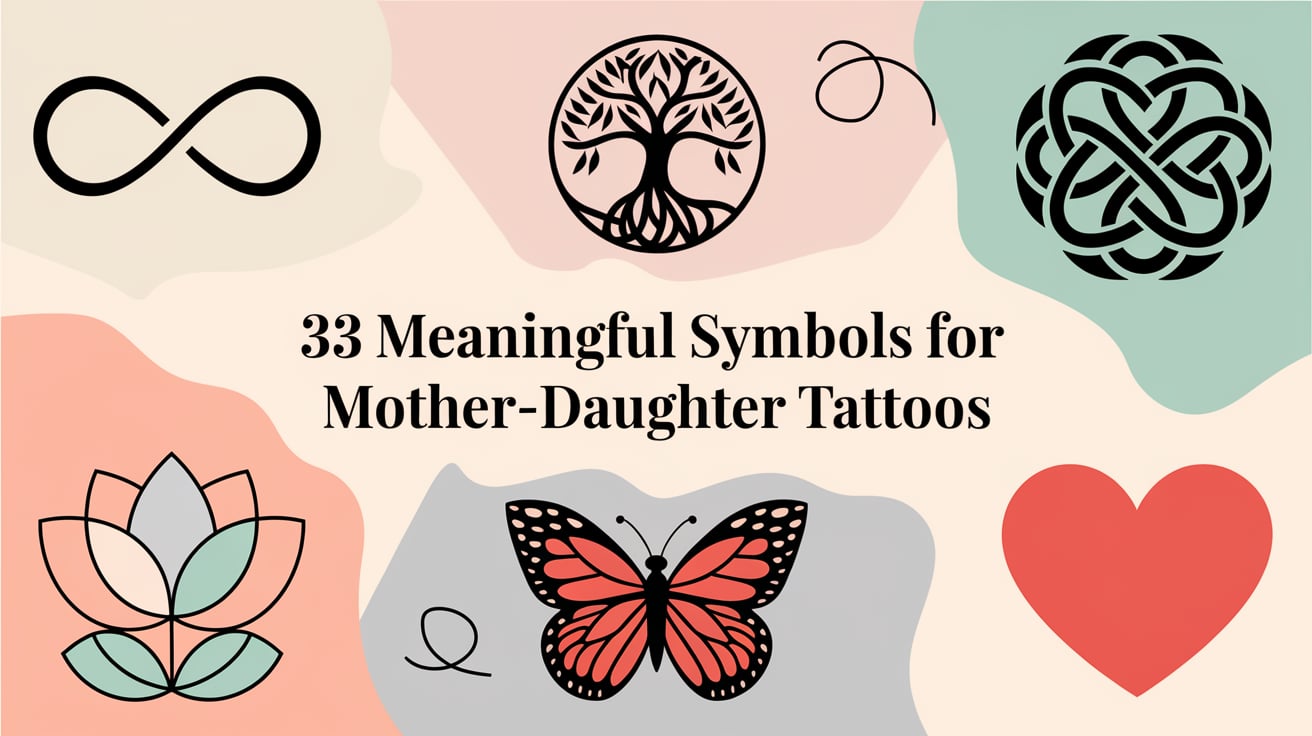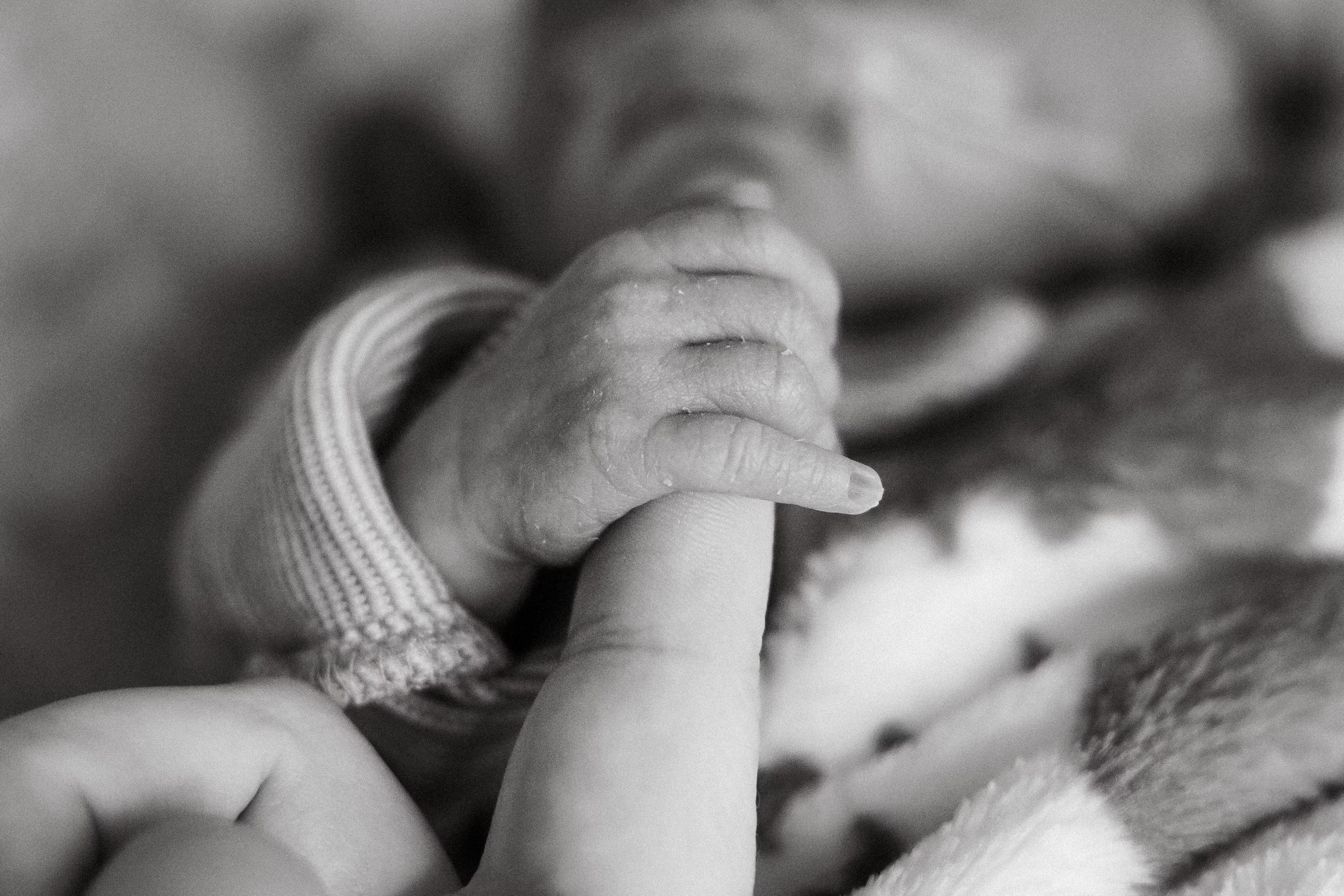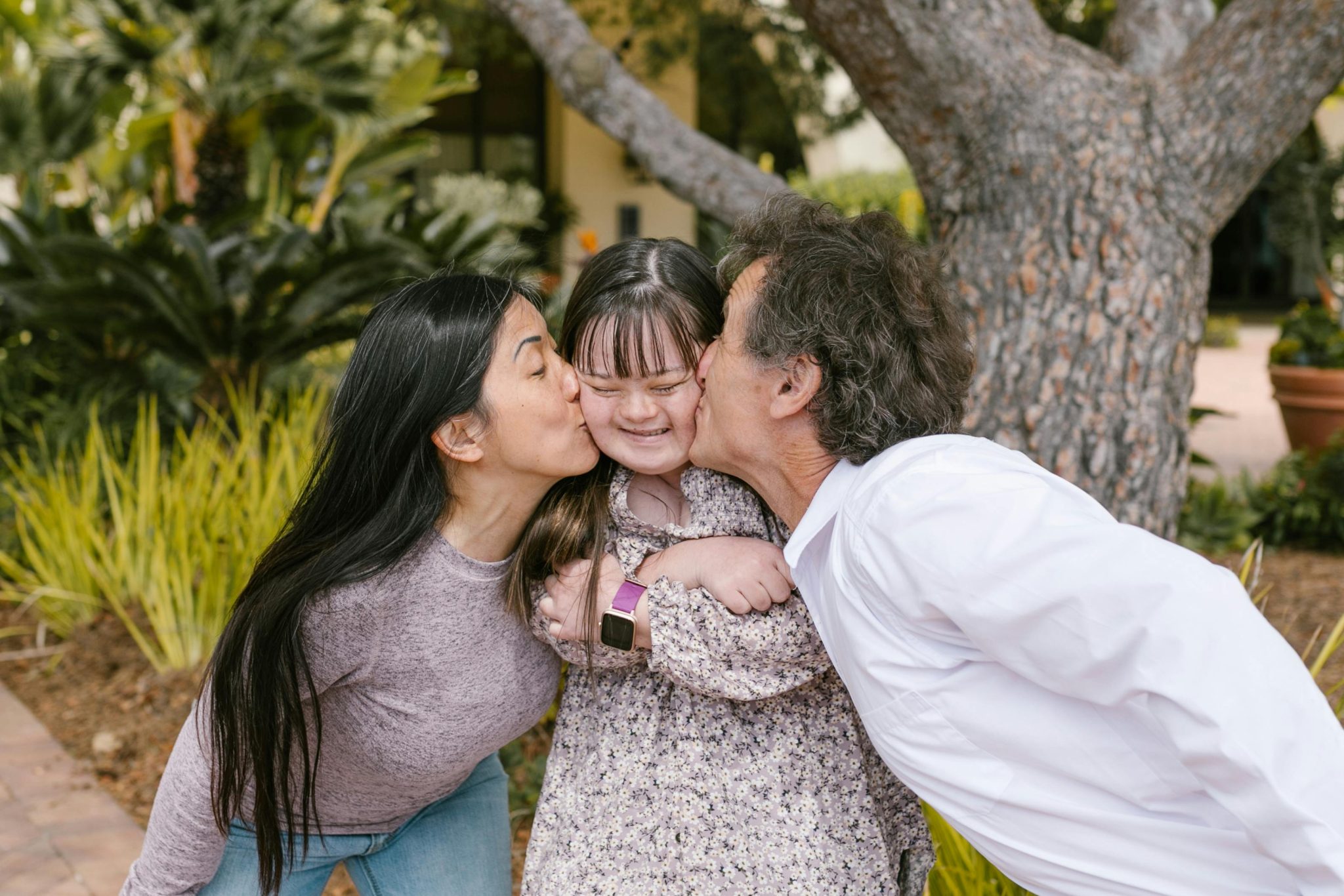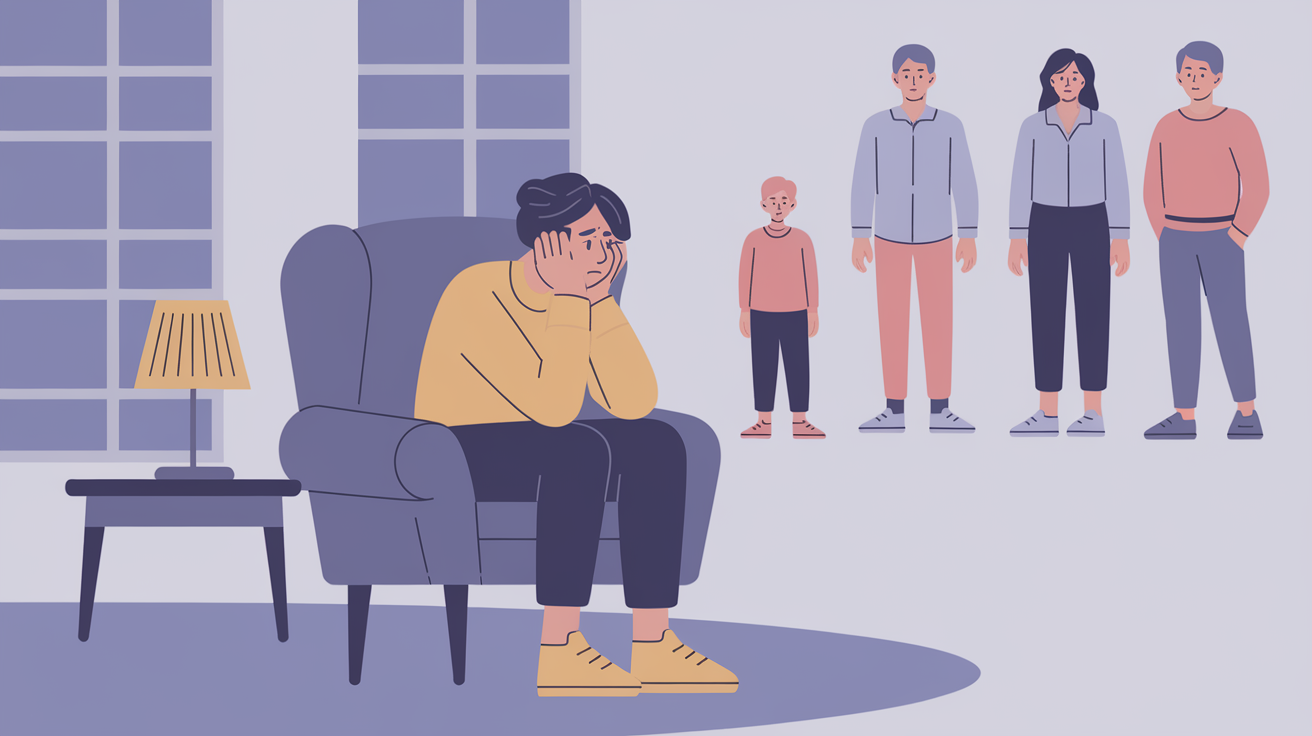
Imagine feeling anxious or even terrified at spending time with family. For those with syngenesophobia, this isn’t just discomfort—it’s a deep, persistent fear of relatives.
It’s more common than you think, yet often misunderstood. You might wonder how fear can arise from such close connections.
The answer lies in understanding the complex emotional triggers behind it. This blog will break down syngenesophobia, exploring its causes, symptoms, and how it affects relationships.
Keep reading to uncover helpful coping strategies and effective ways to manage this fear.
What Does Syngenesophobia Mean?
Syngenesophobia is the irrational and overwhelming fear of one’s relatives. Unlike typical social anxiety or discomfort in family settings, individuals with syngenesophobia experience intense dread, which often leads to avoidance of family gatherings or interactions.
This fear is deeply rooted in emotional or psychological triggers, making it more complex than mere social unease.
How Syngenesophobia Differs from General Social Anxiety
While social anxiety involves fear of judgment or interaction in broader social situations, syngenesophobia is specifically directed toward family members.
The emotional attachment and expectations tied to familial bonds can amplify this fear, making it distinct from common social anxieties.
Connection to Other Psychological Phobias
Syngenesophobia can often coexist with other psychological conditions, such as agoraphobia or general anxiety disorders.
It may also overlap with conditions like social phobia, where specific social groups, including family members, trigger anxiety.
Symptoms of Syngenesophobia

Syngenesophobia presents a range of physical, emotional, and behavioral symptoms that disrupt daily life and relationships with relatives.
1. Physical Symptoms of Syngenesophobia
Individuals with syngenesophobia may experience intense physical reactions when interacting with or even thinking about family members.
Common symptoms include sweating, nausea, dizziness, a rapid heart rate, and shortness of breath. These responses often occur during or in anticipation of family interactions.
2. Emotional Distress in Syngenesophobia
Emotionally, syngenesophobia can trigger extreme anxiety, panic attacks, and overwhelming dread.
The fear of being judged, criticized, or emotionally overwhelmed by relatives often contributes to heightened emotional tension, making family interactions unbearable.
3. Behavioral Indicators of Syngenesophobia
Those suffering from syngenesophobia may avoid family gatherings, skip important events, or decline calls from relatives. The desire to escape these situations leads to social isolation and strained family relationships.
Causes and Risk Factors of Syngenesophobia

Understanding the root causes of syngenesophobia is essential for addressing the fear. Various factors can contribute to its development, from personal experiences to societal influences.
Past Traumas and Negative Experiences
Syngenesophobia often stems from traumatic or deeply negative experiences with relatives. Abusive relationships, emotional neglect, or constant criticism from family members can create lasting psychological scars, leading to the fear of relatives.
These unresolved emotions can trigger an irrational response whenever family interaction is anticipated.
Cultural and Social Influences
Cultural and societal norms can either exacerbate or hide syngenesophobia. In many cultures, family is seen as a foundational unit, and distancing oneself from relatives may be stigmatized.
The pressure to maintain close family ties despite negative experiences can intensify the phobia, making individuals feel trapped.
Genetic and Environmental Factors
Some individuals may be genetically predisposed to developing anxiety disorders, including syngenesophobia.
Family environments that are emotionally unstable or abusive can also increase the risk of this phobia developing over time.
Environmental stress and genetic susceptibility often create a fertile ground for this fear to manifest.
Impact on Family and Social Life
Syngenesophobia significantly affects not only the individual but also the relationships within the family and broader social interactions.
Family Tension and Strained Relationships

The fear of relatives can lead to constant tension within the family. Communication breakdowns are common, as individuals with syngenesophobia often avoid discussing their feelings or simply withdraw.
This avoidance can result in misunderstandings and resentment, making it difficult to maintain healthy family bonds. Over time, these strained relationships may become irreversible without intervention.
Emotional and Social Isolation
Avoiding family gatherings or cutting off communication with relatives often leads to emotional and social isolation.
Individuals may feel disconnected from their loved ones and struggle to build new relationships because they fear similar experiences.
This isolation can exacerbate feelings of loneliness and helplessness, compounding the mental strain of the phobia.
Long-Term Emotional Effects
If left untreated, syngenesophobia can cause long-term emotional damage. Persistent anxiety, depression, and feelings of guilt often follow individuals throughout their lives.
The emotional toll can extend beyond family, affecting other areas of life, such as friendships and romantic relationships, making a recovery more challenging.
Diagnosis and Treatment Options for Syngenesophobia
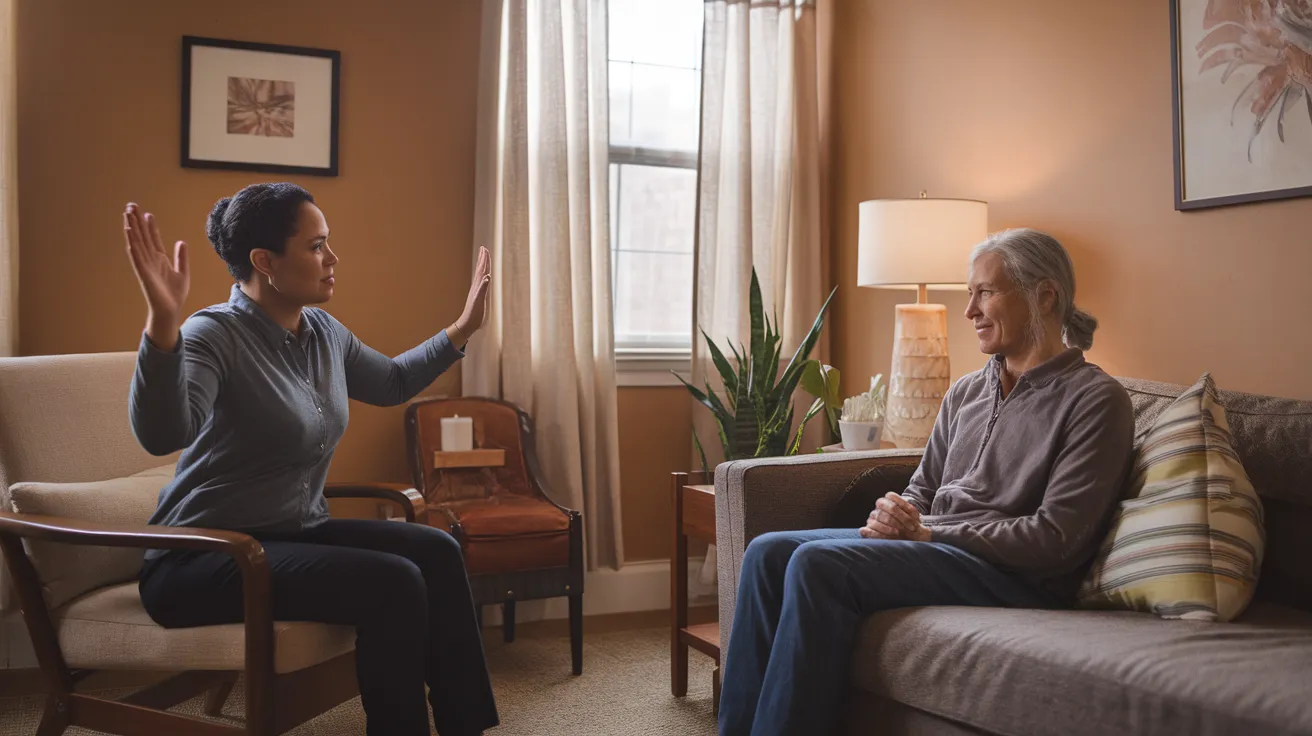
Identifying and treating syngenesophobia is crucial to improving the well-being of individuals affected by this fear. A combination of professional diagnosis and tailored treatments can help manage the condition.
1. How Syngenesophobia Is Diagnosed
Mental health professionals diagnose syngenesophobia through a comprehensive evaluation that includes interviews, self-reported symptoms, and psychological assessments.
The professional may ask about specific fears related to family interactions and the impact of these fears on daily life. It’s important to rule out other anxiety disorders to ensure an accurate diagnosis.
2. Therapeutic Treatments for Syngenesophobia
Cognitive Behavioral Therapy (CBT) is one of the most effective treatments for syngenesophobia. It helps individuals identify and challenge irrational thoughts about their fear of relatives.
Exposure therapy is another common method, where individuals gradually confront family-related fears in a controlled environment, reducing the anxiety over time.
3. Role of Medications
In some cases, medications such as anti-anxiety drugs or antidepressants may be prescribed to help manage the symptoms of syngenesophobia.
These medications are often used in conjunction with therapy to help individuals cope with severe anxiety and emotional distress.
However, medication is typically seen as a short-term solution, complementing therapeutic approaches.
Coping Strategies for Individuals with Syngenesophobia

While professional treatment is essential, individuals with syngenesophobia can also adopt coping strategies to manage their fear and gradually improve their relationship with family members.
Building Emotional Support
One of the most important steps in coping with syngenesophobia is seeking help from trusted friends, therapists, or support groups.
A strong emotional support system can provide encouragement and reassurance during difficult moments.
Therapy, in particular, offers a safe space to explore feelings and develop coping mechanisms with the guidance of a professional.
Stress Management Techniques
To manage the anxiety that comes with syngenesophobia, incorporating stress-reducing activities can be highly effective.
Mindfulness exercises, such as deep breathing and meditation, help calm the mind during stressful family situations.
Journaling is another practical tool. It allows individuals to express their emotions and track their progress in overcoming their fears.
Gradual Exposure to Family Interactions
Gradual exposure to family interactions is a key technique in managing syngenesophobia. Start by reintroducing small, controlled interactions with relatives, such as brief phone calls or attending low-pressure family gatherings.
Over time, these encounters can reduce anxiety and help rebuild family connections without overwhelming the individual.
Summing Up
Syngenesophobia, though often misunderstood, can deeply affect one’s emotional and social well-being.
Recognizing the signs and understanding the causes are essential steps toward managing this fear of relatives.
Individuals can rebuild family connections by seeking professional help and adopting coping strategies such as gradual exposure and stress management.
If syngenesophobia echoes with your experiences, don’t hesitate to seek support. Addressing this fear is the first step toward improving relationships and emotional health.
Explore more resources on guiding familial challenges and taking the next step in overcoming this phobia.





